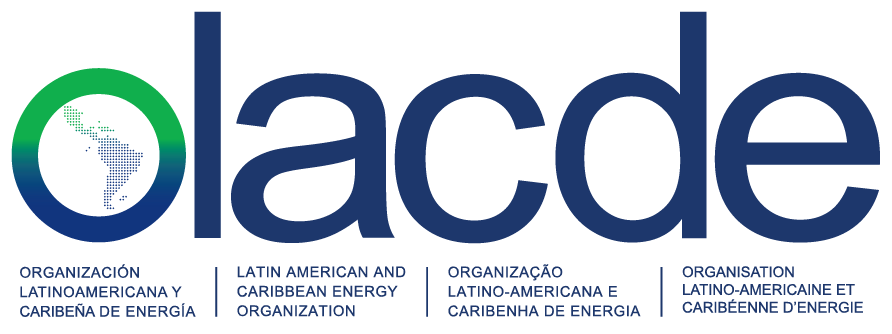For many years now, across all sectors of economic activity, data management has become a key tool for which both companies and organizations are willing to pay high service costs and prioritize in the training plans of their experts.
The energy sector—with its high relevance—is no exception.
Managing energy information, once the data has been processed, is essential for producing reports that support sound decision-making.
That is why The Latin American and Caribbean Energy Organization (OLACDE) provides specialized technical assistance to strengthen countries’ capacities in the administration, storage, and publication of statistical, legal, and documentary information related to the energy sector.
We deliver this support through the automation of energy information management processes, using harmonized methodological standardization, institutional coordination, data transparency, training of national technical teams, and the implementation of a National Energy Information System tailored to the specific characteristics of each country’s energy matrix.
This is exactly what recently happened in Panama. Just a few days ago, during OLACDE’s Expert Meeting held in that country, Panama’s National Secretariat of Energy presented its new National Energy Information System (siePANAMÁ), developed with OLACDE’s technical support.
This system has established an Interinstitutional Committee on Energy Information, coordinated by the Secretariat and composed of various public institutions, private companies, and other entities linked to the energy and economic sectors.
Through this initiative, Panama now has a modern and flexible tool allowing companies, academic institutions, and government entities to quickly and reliably access official information needed for decision-making based on monitoring and evaluating the energy sector.
The Energy Information Systems developed by OLACDE represent a comprehensive toolkit that integrates harmonized methodologies, training, specialized technical assistance, institutional coordination, automation, and governance of energy data.
This system has already been implemented in several countries across the region—some in full operation, others just getting started, and some currently working with OLACDE on its deployment.
For OLACDE and its 27 member countries, this tool—which continues to evolve—is essential for providing free access to economic-energy statistics from 1970 to the present, covering a wide range of topics such as Energy Balances, Greenhouse Gas Emissions, Energy-Economic Indicators, Supply and Demand, Prices, Reserves, and Energy Infrastructure. It also provides access to legal energy information, including legal and institutional frameworks, policies, resolutions, technical standards, bilateral and multilateral treaties, and supranational energy regulations.
For all these reasons, we will continue strengthening this tool and supporting our countries in its development.


